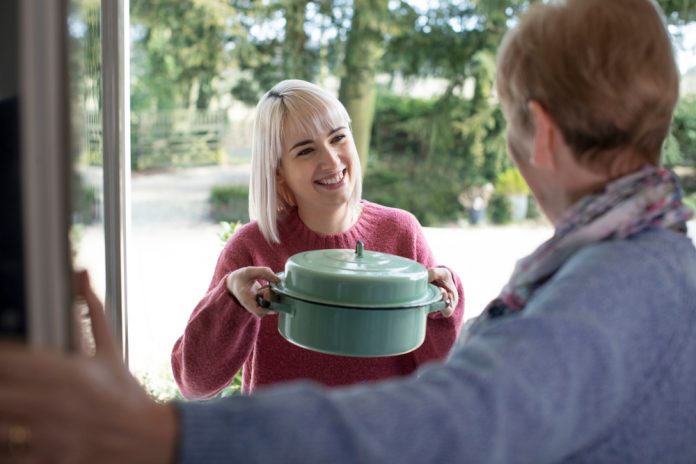I am blessed on both sides with the best neighbours a person could wish for.
We are friendly and know each other well enough to share news of life’s big events, have a laugh and an occasional drink. We also respect privacy and don’t crowd each other.
We tolerate each other’s lively social gatherings, renovations and firepits on weekends and trust each other to keep an eye open for odd bods lurking if we know the other household is away.
Perhaps I love my neighbours more because I know what it is to have difficult ones, and because it is accepted that most neighbourhoods are the distant, walk-on-by kind and mine is not that way.
You know the ones — those who duck past opportunities to help and ignore a sniff of trouble because we have been sold the idea that if does not involve us, it does not concern us.
The attitude is ‘Not my circus, not my monkeys’, even when the circus is in our town.
But to that I say humbug. Other people’s lives do sometimes involve us because our society is as strong as our weakest link. We are all in this crazy ride together.
Sometimes all it can take to help someone in trouble is simply asking if they are OK.
The recent Mental Health Awareness Week highlighted that never has there been a time when we needed community more — not just in times of trouble, but also to share our joys.
For 50 years, there has been a recognised psychological phenomenon called the bystander effect.
It has been proven that in the modern era, individuals are less likely to offer help when other people are present. The greater the number of bystanders, the less likely it is that any one of them will approach or help. How strange are we?
Several factors contribute to the bystander effect, including the diffusion of perceived responsibility and a lack of community cohesiveness.
Help keep independent and fair Sunshine Coast news coming by subscribing to our free daily news feed. All it requires is your name and email. See SUBSCRIBE at the top of this article
Neighbours and neighbourhoods are the cornerstone of community and in my experience, good ones are gold.
Neighbours are not chosen, but when moving into somewhere new, they come with the home as a ‘free set of steak knives’ that used to accompany anything bought off a TV promotion.
You live cheek-by-jowl with them and it takes a deliberate decision on all sides to make that cosy situation work. It starts by taking a position of positivity and stance of respect for ourselves, others and the space we share.
Our neighbours in recent years have shared nourishing chats, beautiful baking and interesting community information. They have stepped in when we forgot to close our garage door and fed our fish in our absence.
We return the love too, and so a community is created.
In this world of looking in on people’s lives via social media, people increasingly step back instead of forward. But the peace and safety of a community relies on trust, reciprocity and compassion.
Because some lack these qualities, the need is greater for the brave and the nosy to step up and reach over.
Smile. Say hello. Reach out, offer help and mean it. It costs nothing to care but the return on the investment is a bounty.
Jane Stephens is a USC journalism lecturer, media commentator and writer. The views expressed are her own.





